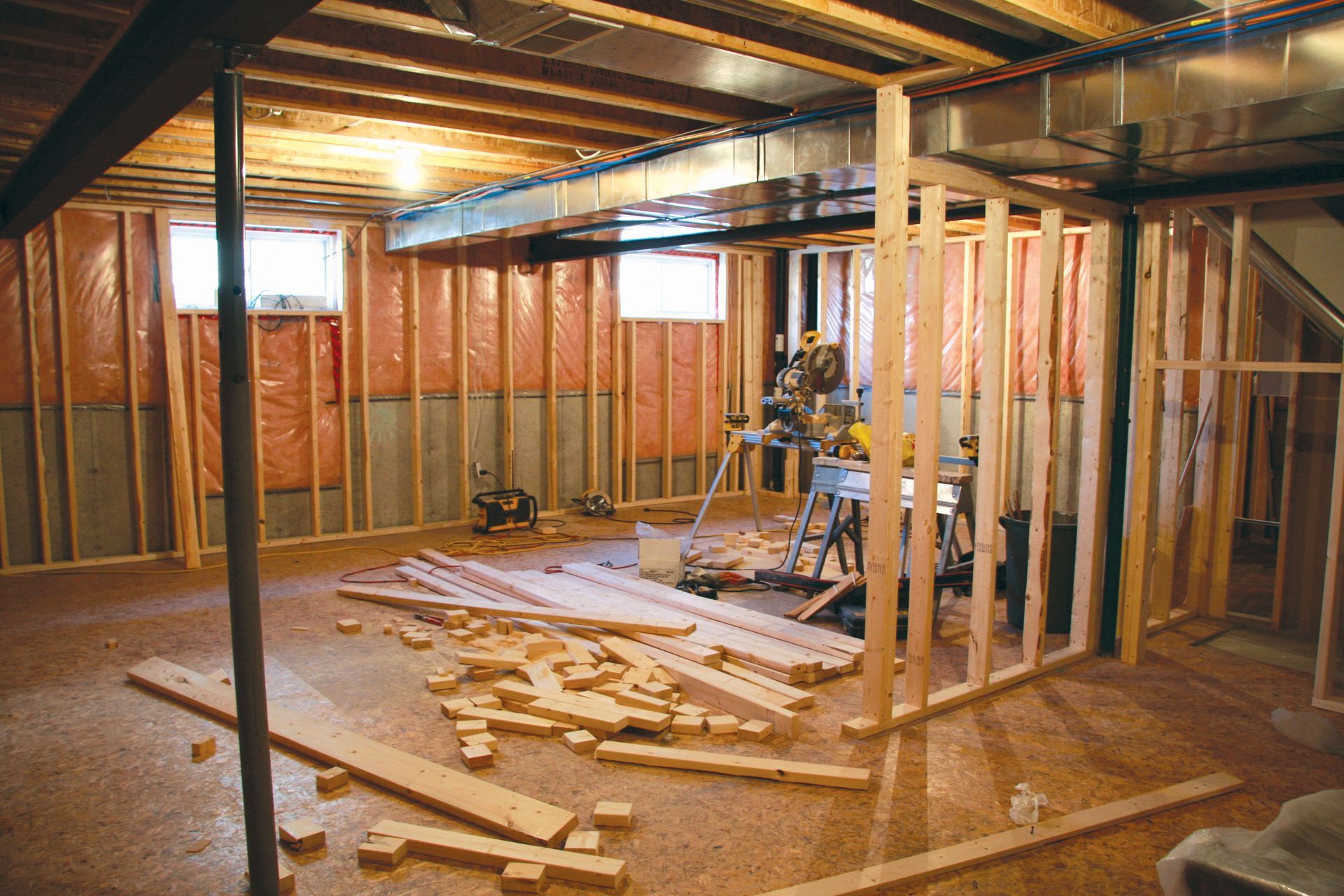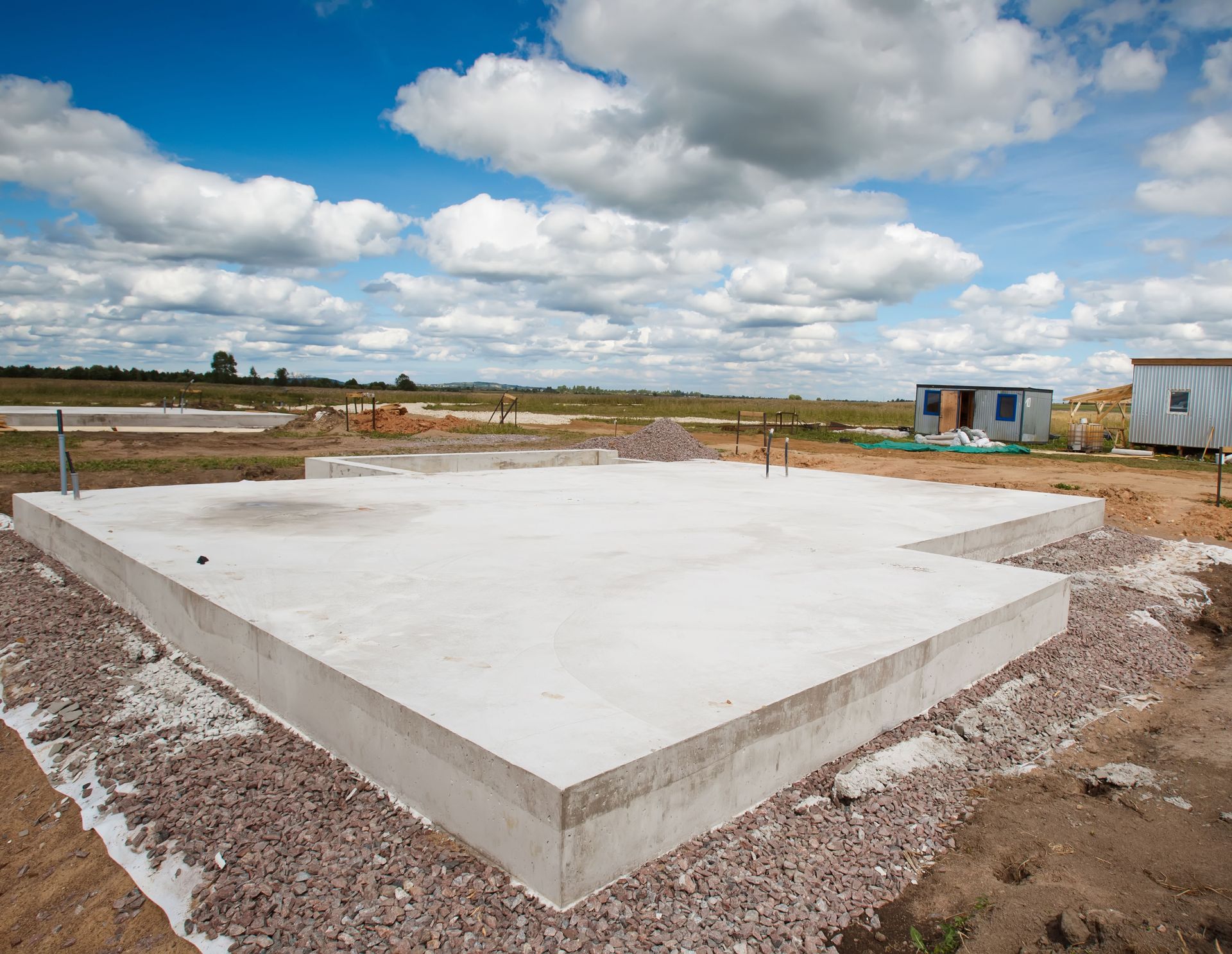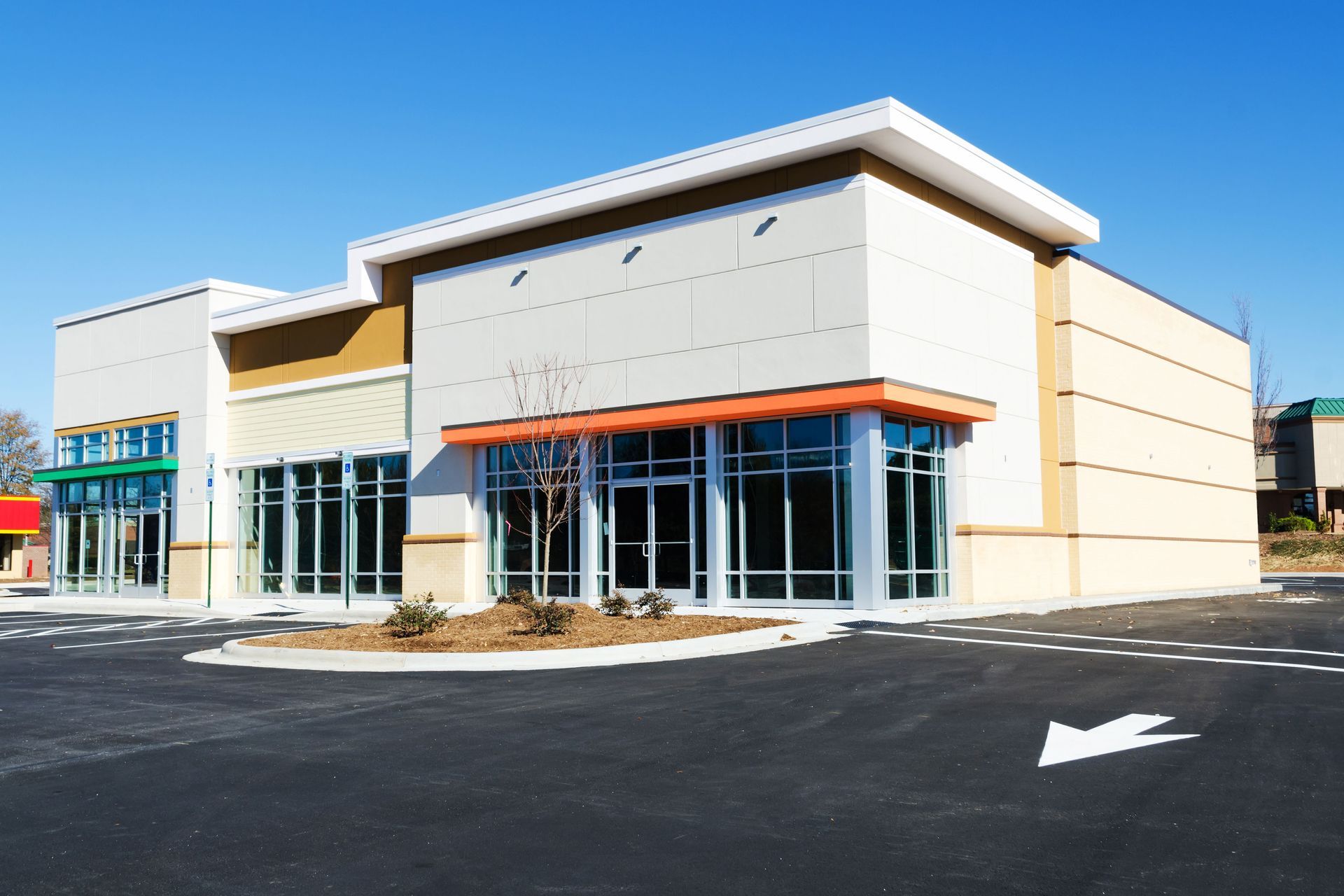November 5, 2025
Understanding the types of projects that benefit from professional oversight is critical when planning commercial, industrial, or institutional construction or renovation. A general contractor provides essential expertise, ensuring that every aspect of a project aligns with regulations, safety standards, and design objectives. With the global construction market projected to exceed $14 trillion by 2025, according to Improve and Grow, the demand for skilled project management is greater than ever. Engaging professional guidance from the outset not only streamlines the construction process but also gives project owners and stakeholders confidence that every detail is being managed by experts familiar with the complexities of large-scale development. From budgeting and scheduling to compliance and quality assurance, a general contractor delivers oversight that is difficult to achieve without years of experience and industry knowledge. By leveraging technology, advanced project management software, and predictive analytics, contractors can anticipate challenges, optimize resource allocation, and improve overall project efficiency, resulting in reduced costs and higher-quality outcomes.
1. Industrial Facility Upgrades
Upgrading industrial facilities may appear straightforward, but these projects involve numerous technical and operational considerations. A general contractor serves as the central coordinator, managing every stage from planning to execution. They translate operational requirements into actionable construction plans while ensuring adherence to safety regulations, structural standards, and efficiency goals. Beyond functionality, a contractor can integrate modern automation, energy-efficient systems, and compliance measures, optimizing performance and long-term reliability.
From securing permits to coordinating subcontractors, these professionals handle critical tasks that project teams may not anticipate. Industrial upgrades often involve multiple trades—mechanical, electrical, plumbing, structural, and specialized systems—and managing them effectively is crucial to staying on schedule and budget. Without proper oversight, minor delays can escalate into extended project timelines. A general contractor ensures smooth workflow, addresses unexpected issues promptly, and keeps all stakeholders informed throughout the process. They also help implement sustainable practices, such as waste reduction strategies and energy-efficient equipment, which can reduce operational costs and improve long-term performance.
2. New Commercial Construction
Constructing new commercial facilities represents a significant investment that benefits greatly from professional oversight. From site preparation to materials selection, the process involves multiple moving parts, and a single misstep can compromise the outcome. Contractors oversee grading, foundation work, and structural installation to ensure a secure, compliant base. They also coordinate essential systems such as electrical, plumbing, HVAC, and fire protection, ensuring safety and operational efficiency.
Throughout construction, the general contractor maintains constant communication with project owners, architects, and subcontractors. This collaboration ensures informed decisions, minimizes misunderstandings, and reduces costly errors. Whether selecting energy-efficient systems, structural enhancements, or specialized equipment, professional management ensures that the facility supports long-term operational goals and performance standards. Their oversight can also integrate smart-building technologies, such as automated monitoring systems and IoT-enabled controls, to optimize energy use and streamline facility operations.
3. Commercial and Institutional Buildings
Developing commercial or institutional buildings requires careful alignment between design, functionality, and operational objectives. A general contractor plays a key role in translating organizational needs into actionable construction plans. By coordinating with architects, engineers, and facility managers, contractors ensure that workflow, accessibility, safety, and regulatory compliance are fully integrated into the project.
Navigating building codes, fire safety standards, and industry-specific regulations can be complex. A general contractor ensures inspections are passed and compliance is maintained throughout construction. Failure to comply can result in fines, delays, or costly rework, underscoring the importance of professional oversight at every stage. In addition, contractors often provide value engineering insights, recommending cost-effective solutions and materials that maintain quality while maximizing return on investment.
4. Industrial Remodels and Facility Retrofits
Industrial remodels and facility retrofits often appear simple but involve complex technical coordination. A general contractor helps project teams balance operational requirements, functionality, and budget while managing every aspect of the upgrade. They supervise the demolition or modification of existing structures, proper material disposal, and preparation for new installations, ensuring work areas remain safe and organized.
After initial preparations, contractors coordinate installation of mechanical, electrical, plumbing, structural, and specialized systems. Their experience ensures these systems are installed correctly, function efficiently, and comply with codes and safety standards. Contractors also provide guidance on energy-efficient upgrades, automation, and operational optimization, reducing the risk of errors that could compromise safety or productivity. Through proactive planning, general contractors can minimize downtime, allowing industrial operations to continue with minimal disruption.
5. Specialty Facility Construction
Specialty facility construction involves projects that require unique technical, operational, or regulatory considerations, such as laboratories, data centers, medical facilities, or research centers. These projects demand a general contractor to coordinate complex systems, ensure compliance with strict industry standards, and manage multiple specialized trades simultaneously. From structural design to advanced mechanical, electrical, and plumbing systems, the contractor ensures all components function efficiently and safely. Careful scheduling, resource allocation, and oversight minimize risks, reduce costly delays, and maintain high-quality standards throughout the project. By providing professional guidance and strategic management, a general contractor ensures specialty facilities are delivered on time, meet operational requirements, and support long-term functionality for their intended purpose.
6. Large-Scale Infrastructure Projects
Infrastructure projects, including bridges, highways, and public facilities, demand rigorous planning, management, and oversight. A general contractor ensures every aspect—from permitting to resource allocation—is executed meticulously. Large-scale projects often involve hundreds of workers, multiple subcontractors, and extensive logistics. Contractors coordinate teams, optimize schedules, allocate resources efficiently, and monitor quality control.
Continuous communication among engineers, designers, government officials, and subcontractors is critical. The general contractor serves as the central hub, maintaining alignment and accountability. Their expertise ensures that complex infrastructure is delivered on time, within budget, and to exacting standards, emphasizing the value of professional oversight. They also incorporate risk mitigation strategies and contingency planning to prevent delays caused by unforeseen challenges or environmental factors.
7. Mixed-Use and Multi-Tenant Developments
Mixed-use and multi-tenant developments combine commercial, institutional, and recreational spaces, requiring high-level coordination. A general contractor oversees the entire project, from foundation to final finishes, ensuring all components integrate seamlessly. They manage multiple trades, budgets, permitting, zoning, and regulatory compliance.
Projects of this type often encounter changing requirements, design modifications, budget adjustments, or schedule shifts. A general contractor anticipates these challenges, implements solutions proactively, and maintains smooth progress. Their experience ensures efficient resource management, quality assurance, and effective communication across teams. The result is a cohesive, functional development that meets operational and community goals.
Hiring a general contractor can dramatically improve the success of diverse projects, from industrial retrofits to large-scale infrastructure developments. Their expertise in project management, regulatory compliance, subcontractor coordination, and risk mitigation ensures every project is completed efficiently, safely, and to the highest standards. With the right contractor, complex challenges become manageable, and project goals are achieved with precision and accountability. Professional oversight also maximizes resource efficiency, reduces costly delays, and ensures that quality standards are consistently met across all stages of construction. Additionally, a general contractor helps implement sustainable building practices, optimizes energy performance, and integrates long-term maintenance strategies to extend the life of facilities. By fostering collaboration and communication among all stakeholders, they create a structured environment that keeps large projects on track and ensures operational success. Their proactive management approach also strengthens safety culture, enhances productivity, and supports environmentally responsible construction practices. Let Dark Horse General Contracting guide your project to success—because with the right team, your vision becomes reality.







